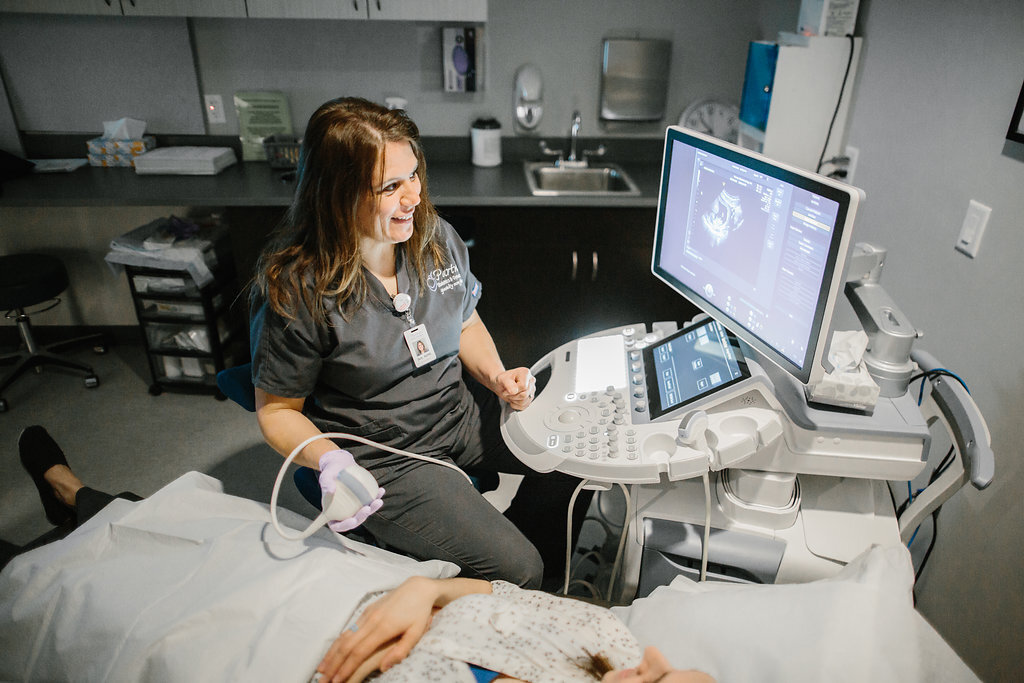When you think about having children, you might think about what you’ll pass down to your children. Your height? Your eye color? But did you know that there are certain aspects of you that can be passed onto your children that you may not even know about?
Genetic carrier screening allows us to look at your genes to understand aspects about you that could potentially affect your baby’s health.
What is Carrier Screening?
Carrier screening is a type of genetic testing that looks at your genes to see if you are a carrier for certain disorders that you can pass onto your children even if you do not have symptoms of that disorder. Carrier screening is completed by taking a sample of your blood and analyzing your DNA. Carrier screening can be completed before or during pregnancy and only needs to be completed once in your lifetime. When carrier screening is completed either prior to pregnancy or during pregnancy, it allows you to determine the likelihood your child having certain genetic disorders.
What is a Carrier?
A carrier is an individual who has only one gene for a genetic disorder that usually requires two genes for a person to have the disorder. A carrier usually does not have symptoms of the disorder that they are a carrier of. Therefore, the only way to know if you are a carrier is to complete carrier screening. If you are a carrier it does not necessarily mean that your child is at a high risk of having the disorder. If you are a carrier and your partner is also a carrier for that same disorder, there is an increased risk that your child will be affected.
What Carrier Screening Tests are Available?
Different genes are associated with different disorders. Some of the disorders that carrier status can be screened for include cystic fibrosis, spinal muscular atrophy, fragile X syndrome and blood disorders that affect red blood cells such as sickle cell anemia and thalassemia. The disorders screened for are determined based on various risk factors that your healthcare provider will help you determine.
What do my Results Mean?
Negative or normal carrier screening is a good sign. It means that you are not a carrier for the disorders you were screened for. Positive or abnormal carrier screening means you are a carrier for one or more of the disorders screened for. The next step usually involves screening your partner to better understand the risk for your future children. Often times a genetic counselor will go over and interpret the results with you. Knowing your risk allows you to make informed decisions about family planning and testing options before, during or after pregnancy.

